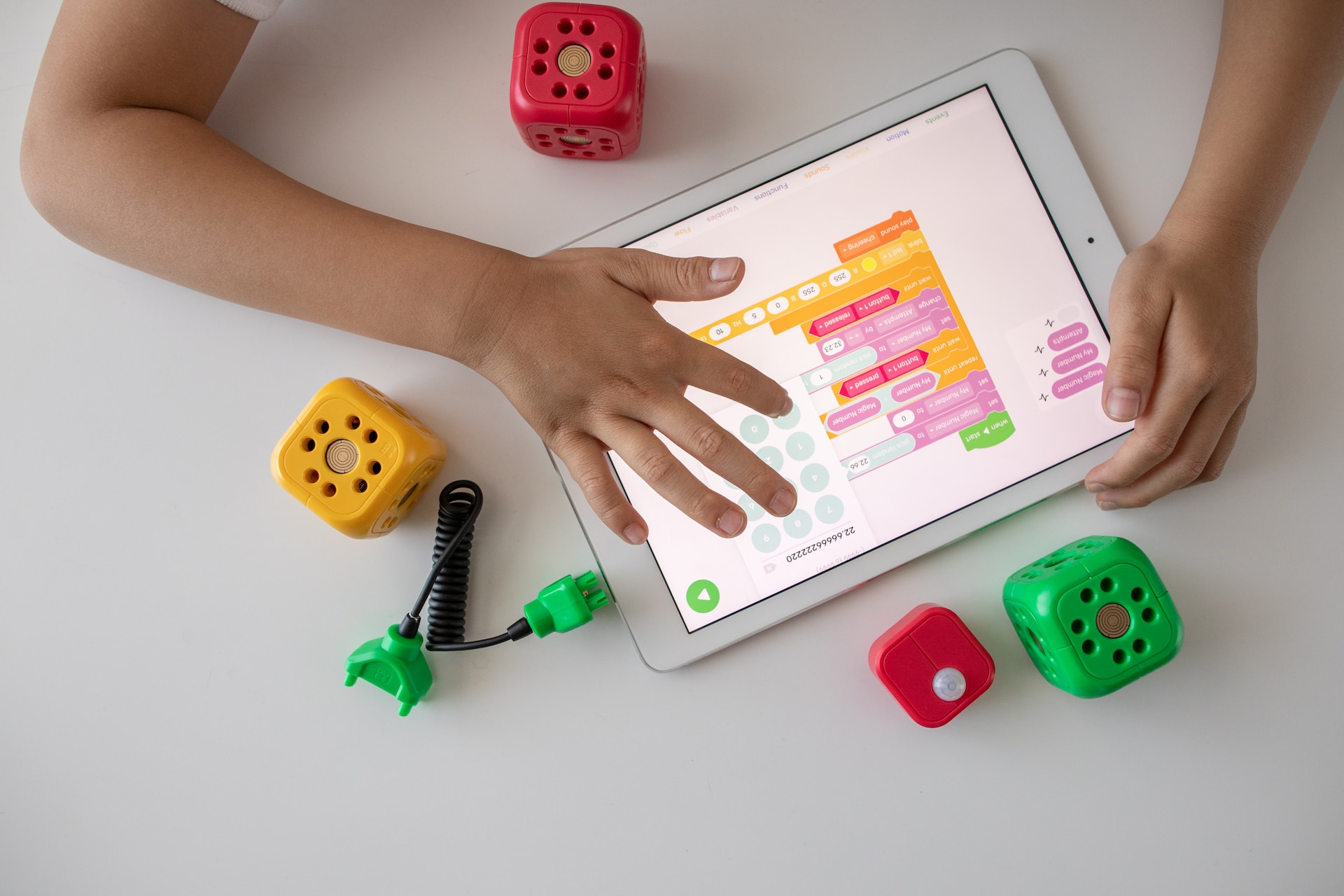Parents are a child’s first teachers. They teach them how to speak, eat and play. Many studies have shown that kids who receive quality early education do better in school. They are less likely to be placed in special education classes and more likely to graduate from high school.
Learning about art, music, numbers and more at nursery in Govan at a young age has positive implications for your child’s future.
Social Skills
Children with strong social skills are more likely to do better in school and have a healthy emotional life. These skills include sharing, cooperating with others, empathy, and resolving conflicts peacefully. Children learn these skills in the early years by interacting with their peers through play and group activities. They also learn how to follow directions, respect personal space and the feelings of others.
In addition, children in ECE programs learn how to interact with familiar adults (e.g. parents, siblings and teachers) and unfamiliar individuals they may encounter outside of school such as adults or older children who attend extracurricular activities like sports leagues.
Self-Esteem
Having a healthy sense of self-esteem is vital for kids. It’s about liking and respecting yourself, believing you can achieve things and having the courage to face challenges.
One way to nurture your child’s self-esteem is to give them plenty of positive feedback and encouragement. It’s also important to let them try new things and not avoid letting them fail – it’s how they learn to cope with setbacks and become resilient.
It’s also helpful to help them feel empowered – that they can make choices and take risks, says Madelyn Swift in her book Getting it Right with Children. This may mean giving them age-appropriate responsibilities and encouraging them to consider the consequences of their decisions.
Emotional Well-Being
Children who develop social and emotional skills in their early years are better prepared to deal with a variety of challenges as they move through school. They are more self-confident, trusting, empathic and inquisitive. They are also less likely to develop a mental illness later in life.
Parents are often a child’s first teachers. But to reach their full potential, young children need active stimulation and interaction with people outside the family. This is where ECE comes in. Teachers become a familiar face for children, helping them feel safe and secure in a new environment. They comfort infants, play and sing with toddlers, and facilitate group discussions and problem solving with preschoolers.
Academic Achievements
Academic achievement is any success in a subject, including grades, awards and competitive results. This can also include a child’s progress through their education and their achievements as adults. It is important for children to achieve their goals in order to feel good about themselves and their work.
Studies have shown that children who receive quality early learning are more likely to succeed in school. This is largely because of their ability to develop critical thinking and problem-solving skills that will help them in later life.
Early learning encompasses all educational experiences for young children. It can be in a home, day care, or preschool setting and it starts from birth up to eight years old.

Lynn covers artistic collaborations, curating stories that celebrate craftsmanship and design innovation.



